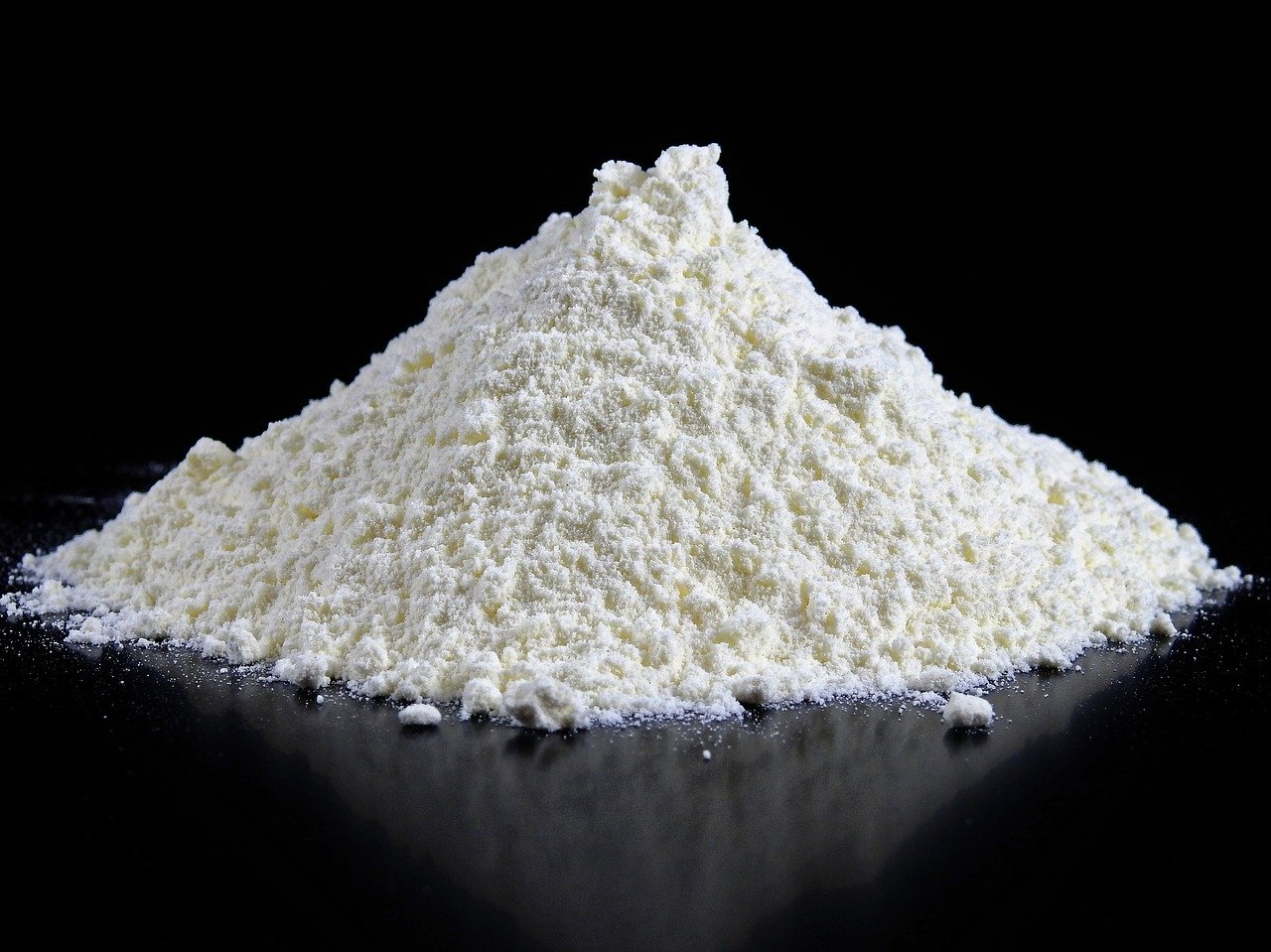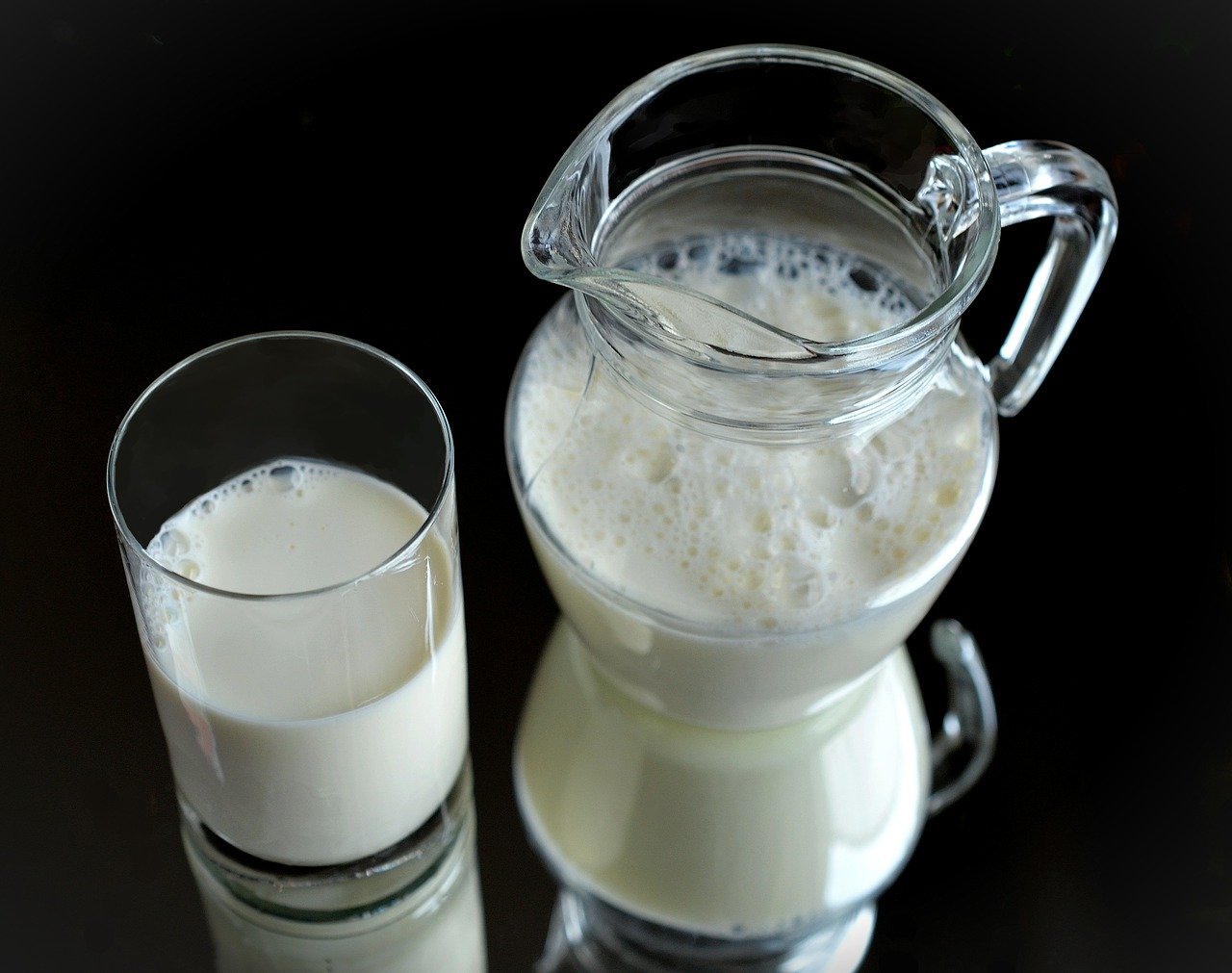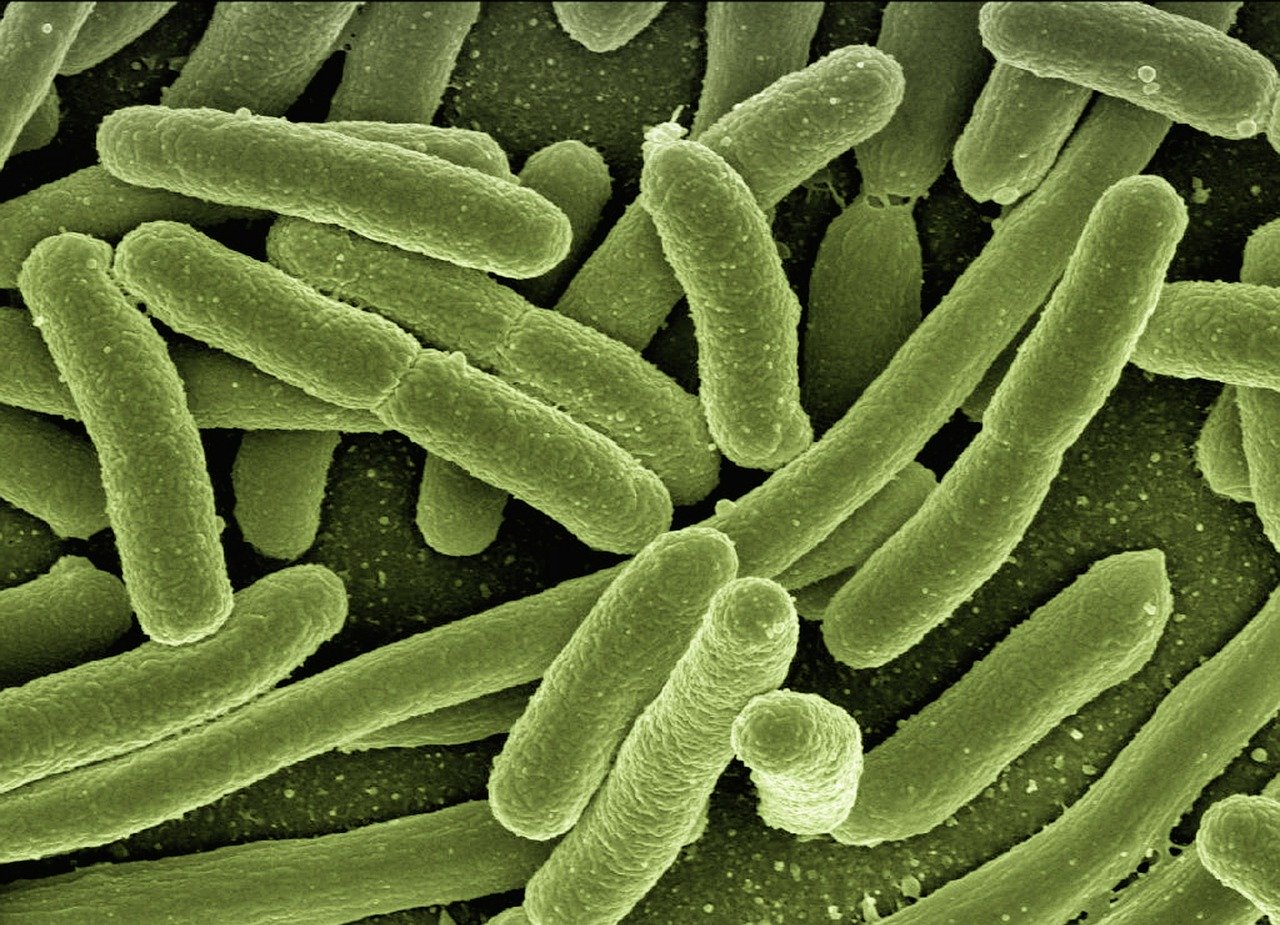In November 2019 researchers from Greece published their review on the role of fatty acids and carnitine during pregnancy and breastfeeding. The researchers stated that carnitine had a part to … Read more
Athletes consuming a vegetarian diet may need to increase their protein intake to reach the recommended protein intake of 1.2 g/kg/day
In December 2019 researchers from the USA published the results of their study to assess the dietary protein quality in athletes who are consuming either a vegetarian or non-vegetarian diet. … Read more
Consuming a vegetarian diet during pregnancy does not adversely affect the child’s neurocognitive development as long as the maternal levels of the nutrients required for neurological development are kept within the normal range
In December 2019 researchers from the UK published the results of their study to assess whether vegetarianism during pregnancy is associated with altered maternal nutritional status and with cognitive function … Read more
Although consuming a vegetarian diet at any age is not necessarily unsafe, the Committee on Nutrition and Breastfeeding of the Spanish Paediatric Association recommend that infants and young children should follow an omnivorous diet or, at least, an ovo-lacto-vegetarian diet
In December 2019 the Committee on Nutrition and Breastfeeding of the Spanish Paediatric Association published their position paper on vegetarian diets in infants and children. There is little information on … Read more
Sunscreens prevent sunburn but at the same time allow statistically significant increases in vitamin D levels, with the increase in vitamin D being higher with the use of high UVA protection sunscreens than low UVA protection sunscreens
In May 2019 researchers from the UK, Poland and Denmark published the results of their study to assess the impact of sunscreens on vitamin D levels. Sunlight contains both UVA … Read more
Mexican women with vitamin D deficiency appear to have a higher incidence of cardiovascular risk factors
In May 2019 researchers from Mexico published the results of their study to assess whether cardiovascular risk factors and heart attacks are associated with vitamin D deficiency in Mexican women … Read more
Micronutrient fortification of dairy products and cereal food only appears to have marginal health effects in children and adolescents
In January 2019 researchers from Switzerland published their review of the medical scientific literature to assess whether fortified dairy products and cereal food had a positive impact on the health … Read more
Outdoor sports and physical activities may produce social and psychological benefits and help prevent vitamin D deficiency, multiple sclerosis, osteoporosis and near/short sightedness
In May 2019 researchers from Italy published their review on the effect of regular outdoor sports and physical activities across all age groups. They stated that the benefits of cutting-edge … Read more
Fortification of wheat flour with folic acid may reduce the risk of neural tube defects and although fortifying both wheat or maize flour with folic acid may increase folate levels, evidence is limited that this has any effect on haemoglobin levels or anaemia
In July 2019 researchers from the USA published the results of their review of the medical scientific literature to assess the assess the health benefits and safety of folic acid … Read more
Fortifying staple foods with vitamin A alone may make little or no difference to retinol levels or the risk of vitamin A deficiency but if micronutrients are also added then retinol levels may increase and the risk of vitamin A deficiency reduced
In May 2019 researchers from Singapore published the results of their review of the medical scientific literature to assess the effects of fortifying staple foods (sugar, edible oils, edible fats, … Read more
Iodine fortification of foods other than salt to prevent iodine deficiency disorders is uncertain although iodine levels are seen to significantly increase
In February 2019 researchers from Australia published their review of the medical scientific literature to assess the effect of fortifying foods, beverages, condiments, or seasonings with iodine alone or in … Read more
Mexican women with vitamin D deficiency appear to have a higher incidence of cardiovascular risk factors
In May 2019 researchers from Mexico published the results of their study to assess whether cardiovascular risk factors and heart attacks are associated with vitamin D deficiency in Mexican women … Read more
Potassium, magnesium, iron, manganese, as well as flavonoids and hydroxycinnamic acids are the most important micronutrients and biologically active substances found in grape juice
In December 2018 researchers from the Russian Federation published the results of their analysis to assess the nutrient profile of grape juice. Grape juice is not highly acidic and contains … Read more
A higher intake of folate and vitamin B6 appears to be associated with a lower risk of coronary heart disease
In November 2018 researchers from Iran published their review of the medical scientific literature to assess the association between folate, vitamin B6 and vitamin B12 intake and risk of coronary … Read more
Blueberry juice protects bone cells against oxidative stress and may be a useful supplement for the prevention and/or management of osteoporosis
In April 2019 researchers from Italy published the results of their study on blueberry juice and its effect on bone tissue. The researchers have been able to demonstrate that blueberry … Read more
An adequate milk consumption at various stages of life helps in the prevention/control of various chronic medical conditions
In May 2019 researchers from Spain published their review of the medical scientific literature to assess the impact of dairy intake on health and all-cause mortality, and on the prevention … Read more
Consumption of dairy products fortified with phytosterols may reduce LDL(bad)-cholesterol whilst consumption of dairy products fortified with omega-3 fatty acids may reduce both LDL-cholesterol and triglyceride levels
In May 2019 researchers from Spain published their review of the medical scientific literature to assess the effects of consuming fortified dairy products on cardiometabolic risk factors. A total of … Read more
An imbalance in the gut microbiome may contribute to hypertension by limiting vitamin D production
In May 2019 researchers from China published the results of their study to assess the association between gut microbiota dysbiosis (an imbalance between the types of organism present in an … Read more
Vitamin D supplementation improves insulin resistance and LDL(bad)-cholesterol in both obese and overweight pre-menopausal women with vitamin D deficiency
In May 2019 researchers from Turkey published their study to assess the effect of vitamin D supplementation in overweight and obese pre-menopausal women. Vitamin D deficiency is a common problem … Read more
Low vitamin D levels as well as a high BMI may increase the risk of insulin resistance in individuals with obstructive sleep apnoea syndrome
In May 2019 researchers from Greece and the UK published the results of their study to assess the association between vitamin D levels and insulin resistance in individuals with obstructive … Read more




















